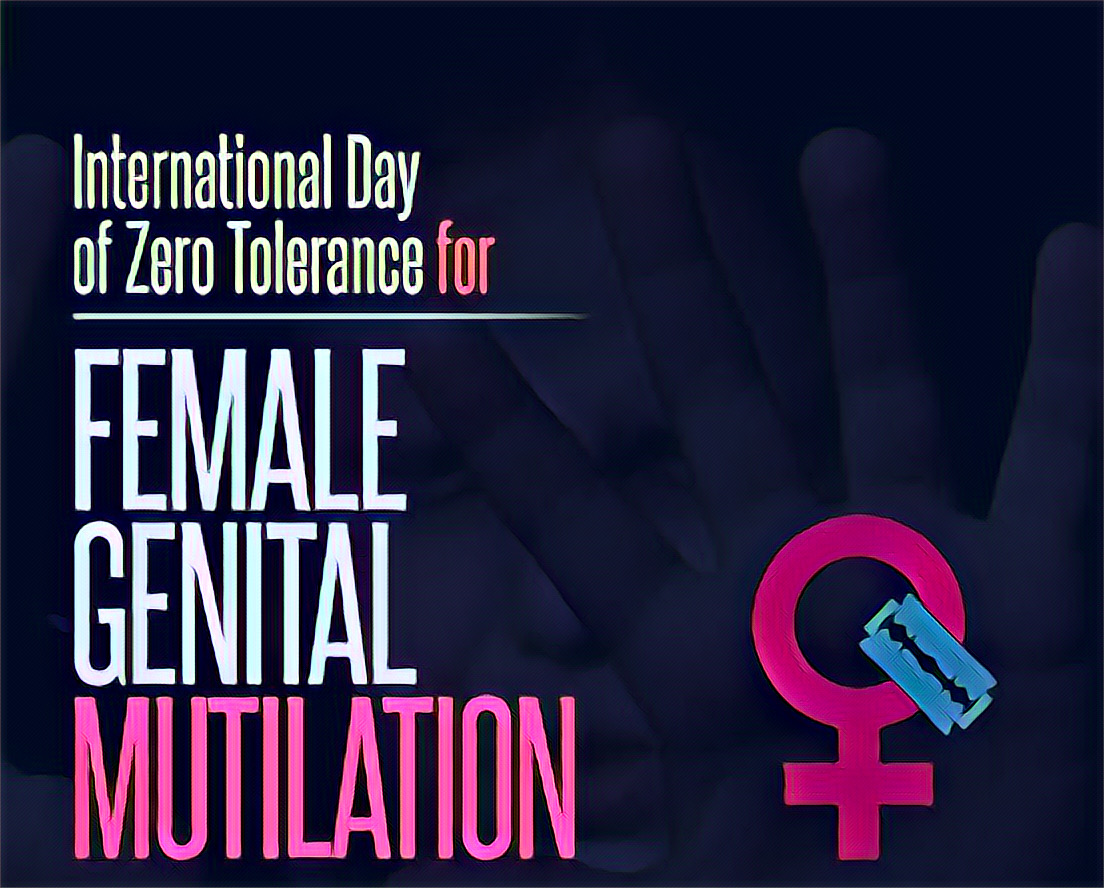On February 6, 2024, as the global community observed the International Day of Zero Tolerance for Female Genital Mutilation (FGM), a significant emphasis was placed on the urgent need for concerted efforts to eradicate this practice by the target year of 2030, set by the Sustainable Development Goals. Christiana Ojiabo, a resilient survivor of FGM from the Agalagu community in Nigeria, emerged as a beacon of hope and change, dedicating her life to farming and advocacy. By sharing her harrowing experience, she aims to educate others about the severe risks and consequences associated with FGM, thus fostering a community-wide understanding and rejection of the practice.
UN Secretary-General António Guterres highlighted the critical need for increased investments and support for survivors like Ojiabo, emphasizing their pivotal role in driving the global movement to reclaim lives and promote bodily autonomy. FGM, recognized internationally as a violation of human rights, inflicts immediate and long-term physical and mental health consequences on girls and women. Despite its concentration in specific regions, FGM has become a universal issue, persisting even among immigrant populations in Western countries.
The fight against FGM has seen global progress over the last three decades, with a significant decline in prevalence. However, challenges such as humanitarian crises threaten to undermine these achievements. With over 200 million women and girls currently having undergone FGM and nearly 4.4 million girls at risk this year alone, the call to action is more urgent than ever. The focus is now on empowering girls and women, ensuring their rights to health, education, and safety are fully realized.
The theme for 2024, “Her Voice. Her Future,” underscores the importance of investing in survivor-led movements to end FGM. Since the UN General Assembly’s 2012 designation of February 6th as the International Day of Zero Tolerance for Female Genital Mutilation, efforts have concentrated on amplifying survivors’ voices and supporting initiatives centered on empowerment and access to essential services.
The United Nations, through partnerships like the UNFPA-UNICEF Joint Programme, has been at the forefront of the global campaign to eliminate FGM. Focusing on 17 countries and supporting regional and global initiatives, this partnership has facilitated significant achievements, including the support of grassroots organizations and the advocacy for policy and social norm changes.
As the world commemorates this International Day, the call to action resounds louder than ever. Every survivor’s voice, including Ojiabo’s, is a beacon guiding the path towards ending FGM. The collective efforts, centered around creating environments where girls and women can fully exercise their rights, are crucial in achieving the global goal of eradicating FGM by 2030. The journey towards this goal is marked by the relentless pursuit of gender equality, the empowerment of women and girls, and the unwavering commitment to their health, education, and safety.


